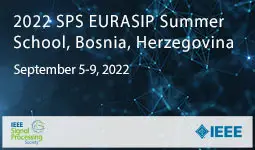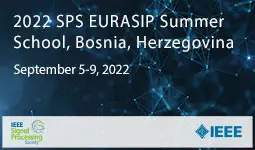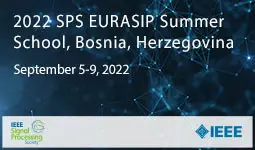-
Members: FreeSPS
IEEE Members: $11.00
Non-members: $15.00Length: 1:24:11 AM
05 Sep 2022
The stringent, and often extreme, reliability guarantees posed for ultra-reliable low-latency communications (URLLC) can be attained and claimed in a credible way only by relying on a proper statistical characterization and statistical learning. This characterization should justify the claim that a user will be guaranteed reliability of, say, 99.999 %, given the observed data on the wireless channel as well as any other prior knowledge. This lecture presents the statistical aspects of URLLC, detailing both frequentist and Bayesian approaches. URLLC has different definitions for reliability, availability, latency, etc., depending on which communication layers are included. The lecture focuses on the physical layer since it is fundamental to the understanding of the overall performance. It presents the statistical features and guarantees for outage probability in a narrowband wireless channel. An outage can occur when the instantaneous channel quality cannot support the data rate selected by the transmitter. For the frequentist approach, there is a need for an excessive number of observations required to characterize ultra-rare events. The required number of observations can be decreased by using prior knowledge, which brings in the Bayesian method. As a motivating example, we treat the practical case in which a base station (BS) collects spatial channel statistics for users at different locations and attempts to predict the performance of a user at a new location. The lecture will discuss how this case can be addressed by using the statistical characterization of radio maps. An example will be presented based on a synthetic dataset generated by ray-tracing, where the BS can obtain high-quality predictions of reliability performance even for locations that are not in proximity.


